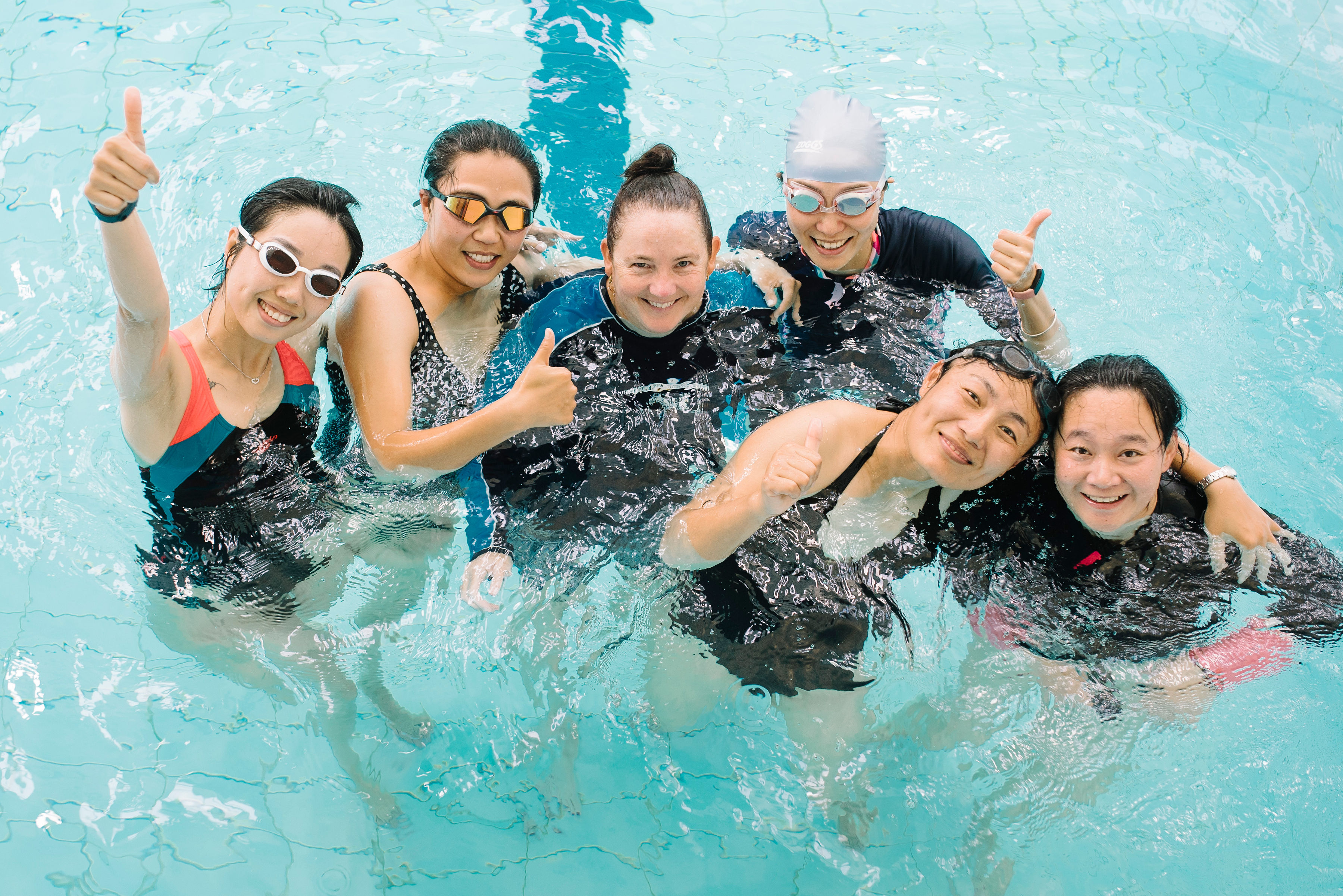Published 30 May 2025

A new study led by Royal Life Saving’s National Manager – Research and Policy, Stacey Pidgeon, sheds light on how swimming and water safety programs can better support migrant adults in Australia.
Published in BMC Public Health, the research was conducted in partnership with Professor Richard Franklin and Associate Professor Sue Devine from James Cook University. It explores six culturally tailored programs across the country and provides critical insights into how programs can break down barriers and support multicultural communities to stay safe around water.
Multicultural communities are a priority population in the Australian Water Safety Strategy 2030, with people born overseas making up around one-third of all drowning deaths. The research highlights four key findings:
- Motivation and program design: Programs were often established in response to drowning incidents. Successful initiatives offered culturally appropriate swimwear, gender-specific sessions, multilingual instructors, and pathways to employment in aquatic roles.
- Barriers to participation: Fear of water, cultural norms, cost, and lack of childcare were commonly cited. Participants also expressed that being unable to swim can feel socially isolating in Australia.
- Cultural safety and health outcomes: Programs that embraced cultural understanding - via staff diversity, inclusive settings, and social connection - were linked with improved mental, physical, and community wellbeing.
- Sustainability and impact: Long-term funding, staff empathy, flexibility, and strong community partnerships were identified as essential to program success and scalability.
This study forms part of Stacey’s PhD research into drowning prevention among migrants and is supported by the Australian Government’s Research Training Program and Royal Life Saving.
